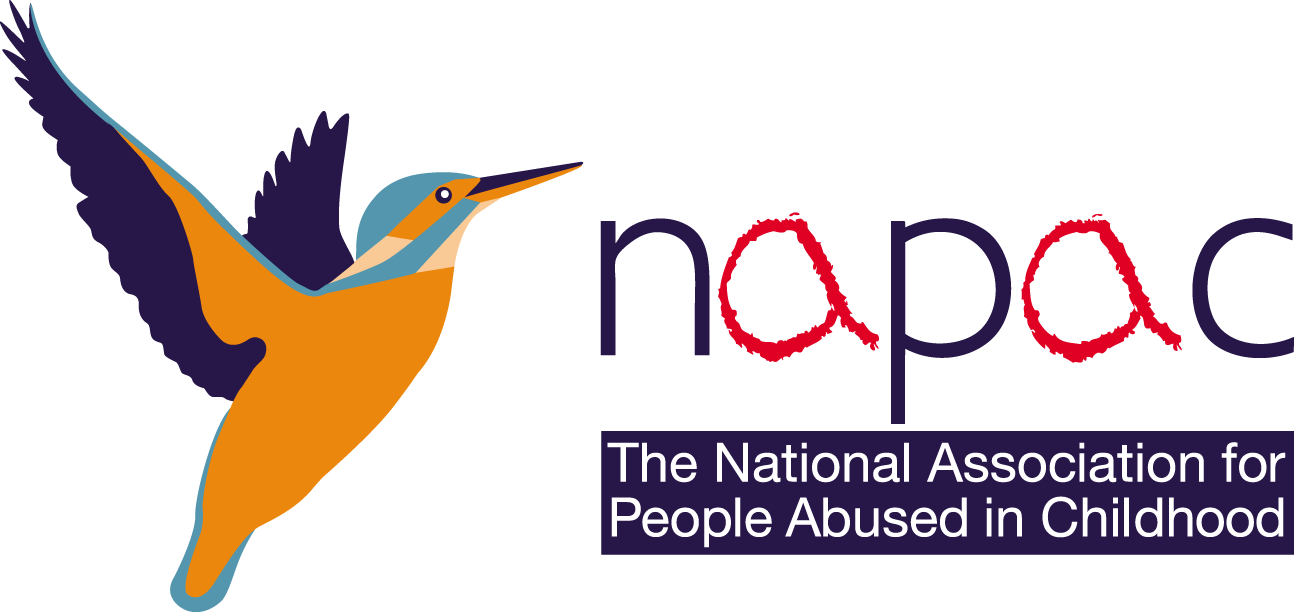Operation Hydrant has today (6 February 2020) published its quarterly statistics. For the first time the statistics cover not just the scale and trends in victims reporting non-recent child sexual abuse, but also the outcomes resulting from the police investigations which follow. The statistics are not broken down by police force area, but represent the scale of non-recent child sexual abuse investigations in the UK.
Gabrielle Shaw, NAPAC’s CEO, explains why this matters:
These statistics will be encouraging for survivors in what can often be a difficult, depressing and contentious area. More than anything, they demonstrate why investment in investigating non-recent child abuse is so vital.
Firstly, this data indicates that survivors may feel reassured that it is worth going to the police if they wish to, however long ago their abuse took place. It is significant and special that Operation Hydrant statistics show that of the total number of recorded allegations against suspects since 2015, 11,346 have resulted in a final outcome of some sort.
This is 11,346 times that UK police forces have recorded, investigated and dealt with allegations of non-recent child sexual abuse. And of this number, 35% have resulted in a conviction. This demonstrates that offenders are being brought to justice regularly across the UK, sometimes many years after the abuse happened.
At NAPAC, we hear from many survivors and victims that reporting to the police is healing, even when a case cannot be pursued. We must remember that survivors have different hopes and expectations when they report their abuse to the police. Some want their perpetrators brought to justice, whilst others (especially in cases where the perpetrator has died or cannot be found) want their experience recorded.
As encouraging as these statistics are, we know from what survivors and victims tell us that there is much more to be done.
Important context to understand the data
• These are very heartening statistics but keep in mind they are not representative of or comparable with the national picture, either in typology of victim gender or the abuse environment
• These Operation Hydrant statistics don’t include familial abuse (where we know most abuse takes place in the UK), indecent images, physical abuse, internet abuse and grooming. 85% of callers to NAPAC’s support line were abused by someone within the family
• This is because the Operation Hydrant statistics focus only on cases where the abuse happened in an organisational or institutional setting (and/or the perpetrator involved was a person of public prominence). For this reason, there are a far greater proportion of male victims in the Operation Hydrant statistics.
Boys are more likely to have been abused by a person in a position of trust and girls are more likely to have been abused by someone in the family.
• ONS statistics published in January 2020 tell us that one in four women (25%, or 5.1 million) in England and Wales have experienced some form of abuse before the age of 16. This compares with around one in six men (16%, or 3.3 million). For sexual abuse the difference is even greater – 11.5% women suffered sexual abuse in childhood and 3.5% of men ONS report Child abuse in England and Wales: January 2020
Useful links
• Operation Hydrant quarterly statistics published Thursday 6 Feb 2020 National Police Chiefs’ Council (NPCC) website
• Operation Hydrant guide on reporting non-recent child sexual abuse to the police in the UK Guide to reporting
• Information on the various child abuse inquiries happening now across the UK Child abuse inquiries
• NAPAC’s helpful booklets for survivors of childhood abuse NAPAC’s booklets series
• Finding support for survivors NAPAC’s page on where to find other support
• NAPAC’s thoughts on the Office of National Statistics report on the prevalence of childhood abuse Read NAPAC’s blog post here
